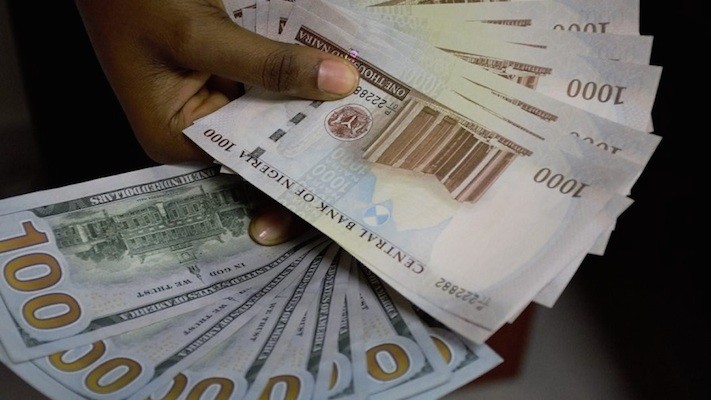
Nigeria’s capital importation saw a significant increase in Q2 2024, rising sharply compared to the same period last year. Total capital inflows for the quarter reached US$2.6 billion, reflecting a 152.81% surge from the US$1.03 billion recorded in the same period last year.
According to the Capital Importation report from the National Bureau of Statistics (NBS), Nigeria banking sector had the biggest contribution to its overall capital importation in Q2 of 2024.
This development comes as no surprise, given that capital importation refers to the inflow of foreign capital or investments into a country.
The inflows generated typically comes in several forms including financial resources, physical assets, or investments.
These investments in turn can be used to fund business ventures, projects, or sectoral developments, contributing to the recipient country’s economy.
The NBS report revealed that Portfolio Investment led the way with US$1.4 billion, or 53.93% of the total inflows, followed by Other Investments, which contributed US$1.17 billion, or 44.92%.
Foreign direct investment, however, represented the smallest share, amounting to just US$29.83 million, or 1.15% of total capital imports in Q2 2024.
With that said, here are the 10 sectors in Nigeria with the highest contribution to its 2024 Q2 capital importation.
Top 10 sectors in Nigeria with the largest capital importation in Q2
| Rank | Sector | Capital importation |
|---|---|---|
|
1. |
Banking |
$1,123.95 million |
|
2. |
Production |
$624.71 million |
|
3. |
Trading |
$569.22 million |
|
4. |
Telecoms |
$113.42 million |
|
5. |
Shares |
$78.01 million |
|
6. |
Financing |
$40.44 million |
|
7. |
Electrical |
$26.51 million |
|
8. |
Transport |
$14.00 million |
|
9. |
Agriculture |
$5.91 million |
|
10. |
Oil and Gas |
$5.00 million |










